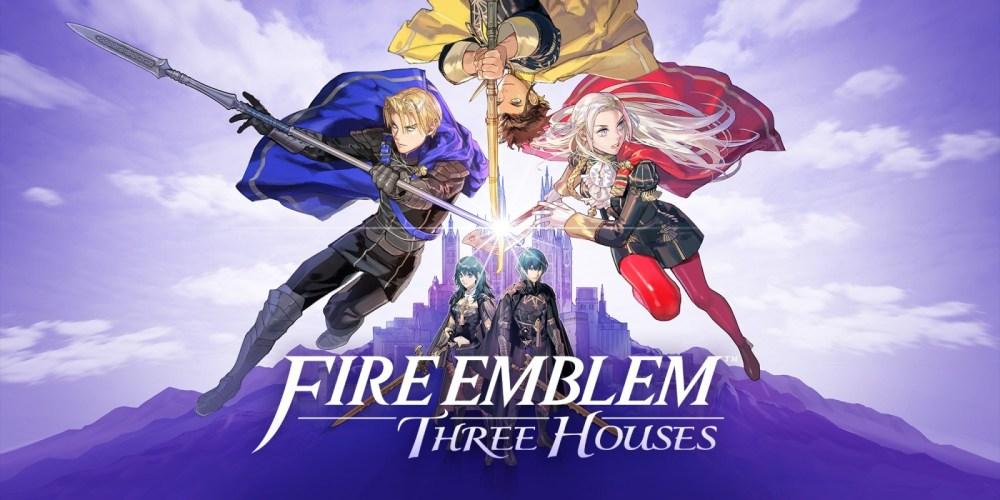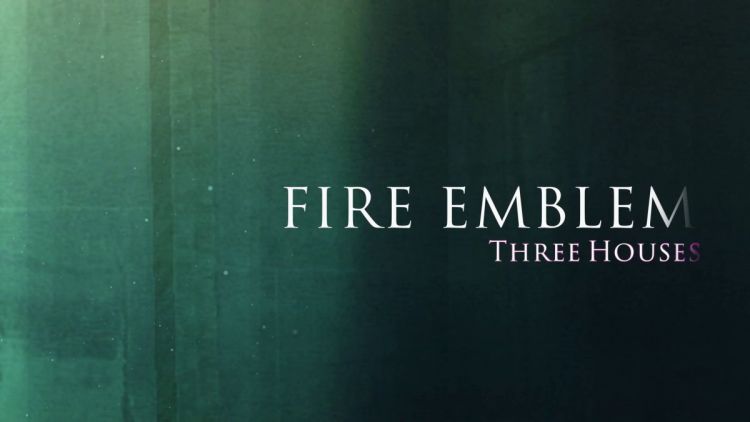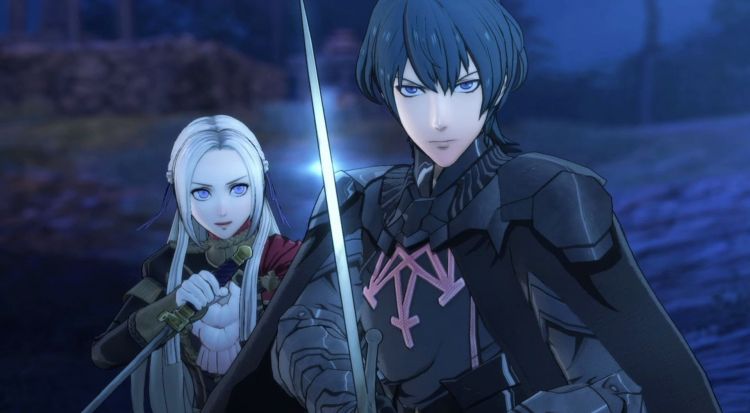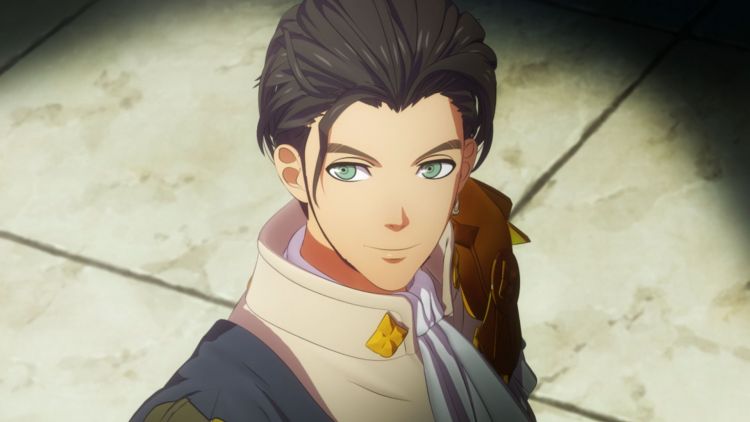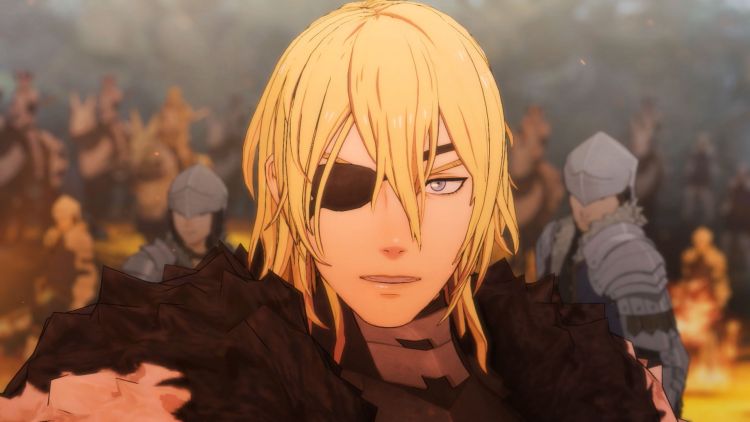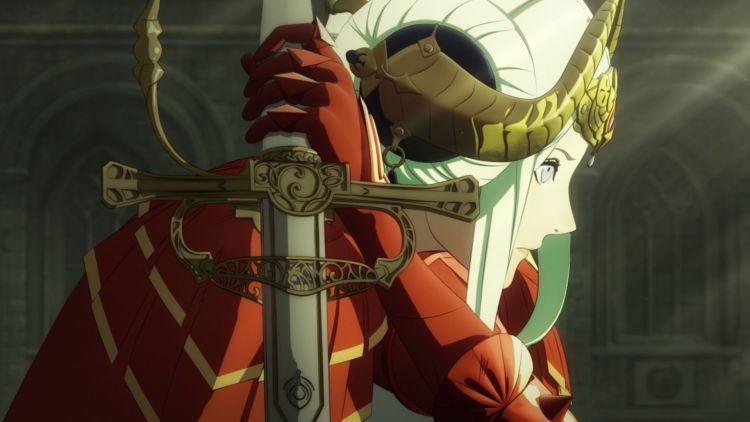A Strategy RPG Winning Game of the Year? If These Improvements are Made, It’s Not as Crazy as You Think.
Fire Emblem: Three Houses pushed the limits of what a war tactics game can be, combining layered combat systems with nuanced character progression to give players unprecedented control over their gameplay experience. Mix in the delightful social elements explored at Garreg Mach Monastery and a colorful cast of characters that come to life as their relationships deepen and you have a bona fide Game of the Year Candidate.
There’s only one problem: It’s just a little too easy. Fortunately, Intelligent Systems is already working on a fix to amend that. Two harder difficulties, Lunatic and Infernal, will be releasing soon. Fire Emblem: Three Houses will become even more satisfying to conquer if Intelligent Systems gives enemies a boost to their stats, expertise in multiple weapons, and access to a wide variety of skills.
Boost the Stats of Every Foe
It’s painfully obvious, but boosting enemy stats is an easy way to make Fire Emblem: Three Houses harder. In the recent 3DS masterpiece, Fire Emblem Echoes: Shadows of Valentia, combat rarely ended in one turn. Player units were about on par with most enemies, creating battles that were evenly matched and demanded strategy to conquer. Three Houses combat ends in one blow far too often, as your students steamroll any enemy foolish enough to challenge them. It’s not a golden bullet, but boosting enemy stats will force the player to be more calculating in their combat strategies.
Give Enemies Weapon Options and Specialty Gear
Enemy units are at a severe disadvantage right off the bat due to their underwhelming equipment options. Mercenaries only have swords, armored knights stick to axes, and archers have only a bow. Players have near unlimited flexibility on what weapons they give their students. An archer can use a lance, sword, or axe in addition to their specialty bow, turning the class into an all around juggernaut in both the player and enemy phase. Handing a pegasus knight a bow turns them into absolute beasts in the air, as they fell their flying foes in one shot due to the weapon’s bonus damage.
You’ll never face an enemy pegasus knight or wyvern rider who wields a bow, and that makes it easy for highly mobile fliers to clear an easy path for infantry and cavalry. By giving enemy units that same access to a variety of weapons, the player now has to be concerned about an enemy pegasus knight swooping in and taking out their aerial specialist. Suddenly the player is forced to consider new strategies: should they stay aggressive with their fliers, or have them dismount their Pegasi until the skies are clear? If enemies have multiple weapons in their inventory, they can also work around breaker skills that tilt the scales firmly in a player’s favor.
Players also benefit from having exclusive access to specialty weapons like Ridersbanes. I don’t remember running into any enemy who used a weapon with super-effectiveness against a certain movement type in my Golden Deer playthrough. In most Fire Emblem titles, getting surprise attacked by a plucky solider with a Wyrmslayer and losing a unit serves as a wake up call to pay attention to enemy equipment. Three Houses would be even more incredible if it forced players to take that into account.
Give Enemies Skills with Synergy
Limited access to skills cripples the enemy AI’s chances of causing any real problems for the player. Players can equip their units with any skill they’ve learned from previous classes, while enemies either have none at all or only skills pertaining to their classes. Wyvern Rider Hilda with Death Blow and Armored Blow manhandles any physical attacking foe without fear of taking damage in a counter attack. High HP War Masters laugh at their enemies as defiant defense and speed activate upon their HP dropping below 25%.
By giving enemies skills that have synergy with their weapons and classes, players have to figure out how to deal with those potent combos. An enemy Berserker with defiant strength and vantage could cause no small amount of headache to low attack, high speed player myrmidons. It would force the player to consider which member of their army should attack the foe. Do you risk a miss with a 60% chance to kill, or do you just allow the defiant skill to activate by taking the sure damage by using an attacker that won’t secure the killing blow? By giving some enemies these skills, the player naturally has to come up with plans to deal with them. That will pave the way for player creativity, and make the pay off of seeing “Stage Clear” all the sweeter.
Make Map Requirements More Stringent
Finally, specifically for the hardest Infernal difficulty, meaningful turn limits for each map could really spice up gameplay. Several maps have them now, but they are completely irrelevant. Most give you 25 turns to finish the job, and can easily be ignored.
The chapter in the catacombs of Professor Jeritza’s office is a perfect example. If that chapter had a 15 turn limit, players would have to think carefully about where they send each unit. Getting both treasure chests would take careful planning, and the limit would force players to think more aggressively when it comes to clearing out the enemies.
Other defeat conditions should become more difficult as well. In some levels, the player is defeated if the enemy escapes. On hard, they almost never even have the chance to take a step towards their escape routes. By adding a priest with a warp staff or adding enemy reinforcements to cover the escape, players have to think ahead to cover all their bases.
Maintain the Balance Between Difficulty and Player Experience
A common pitfall developers fall into when boosting difficulty is sacrificing player experience in the name of challenge. Fire Emblem: Three Houses could easily slip up by removing player-friendly mechanics that serve only to make the experience more seamless. I would hate to see, even on Infernal mode, Divine Pulse removed. It makes it easy for players to fix screwed up inputs, replay battles without needing to reset the game, and rethink a plan that should have worked if not for bad RNG. The same goes for character growth rates and class experience. Sure, the game would be harder if it took longer to get good skills, but learning and mastering multiple classes is part of the fun.
Fire Emblem: Three Houses is a masterpiece as it stands, but it is not quite as satisfying to beat as other more challenging entries in the franchise. By turning up the difficulty, winning each battle will feel like a true achievement. If Intelligent Systems implements some of these suggestions Fire Emblem: Three Houses should have you feeling like a tactician worthy of leading Fodlan to a bright future.


